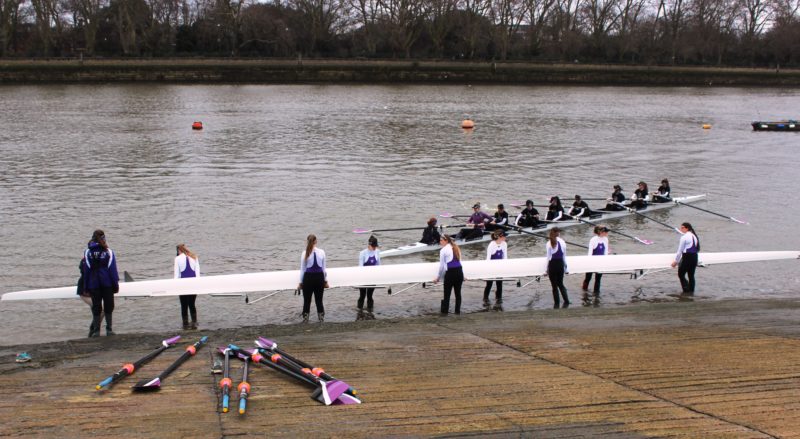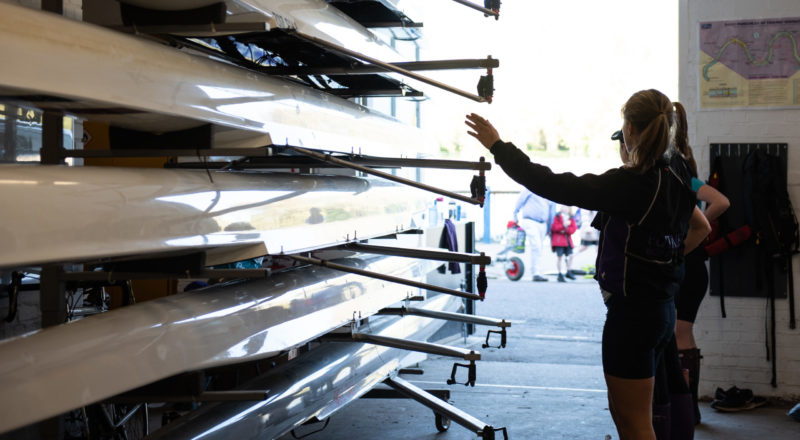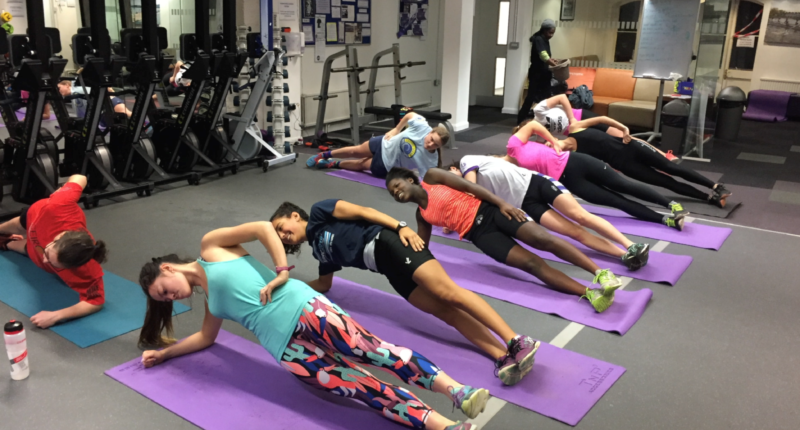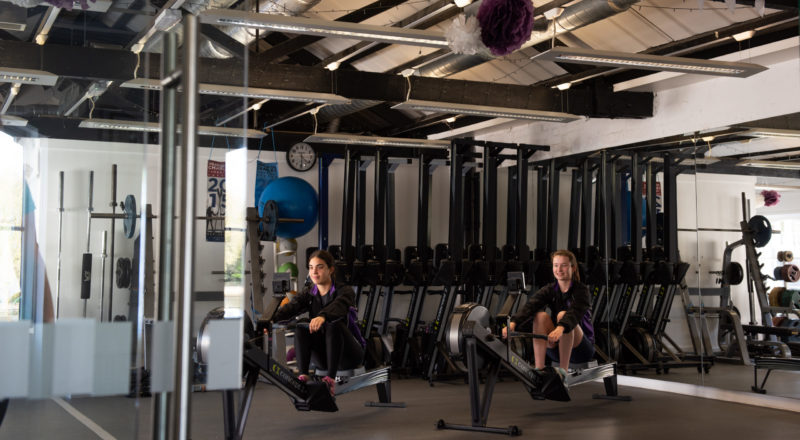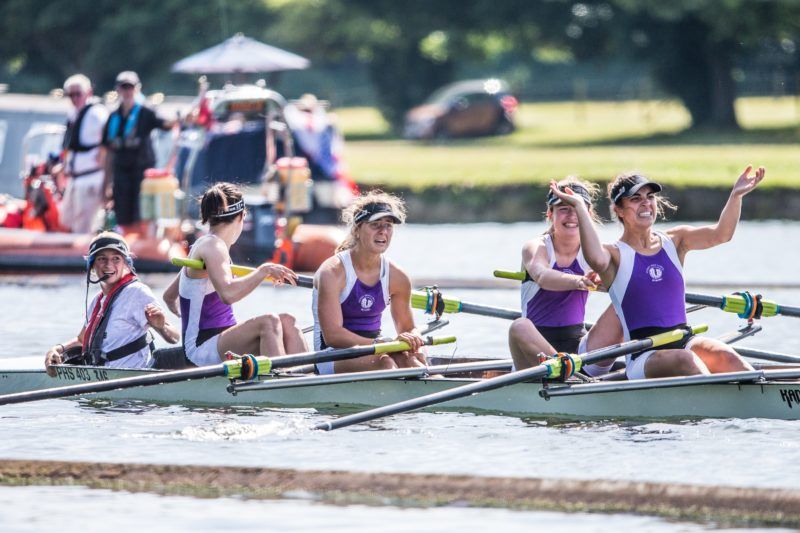We are among the ‘hub’ of Boat Clubs in London and have direct access to one of the best rivers in the UK.
With such a central location, we have high profile visibility to the numerous visitors and crews who race on the river each year, including those attending the Oxford vs Cambridge Boat Race in late Spring.
Within the boathouse, pupils have access to a bespoke training space with 22 ergos, two rowperfect machines and Olympic weights equipment. They also benefit from specific advice and training from a strength and conditioning coach.
Putney crews won at Henley Women’s Regatta in 2017 and 2018, and three pupils have represented Great Britain at Under-19 level, in 2016, 2018 and 2019. A crew qualified for Henley Royal Regatta for the first time in 2021, in the first year that there was an event for junior women’s eights.

